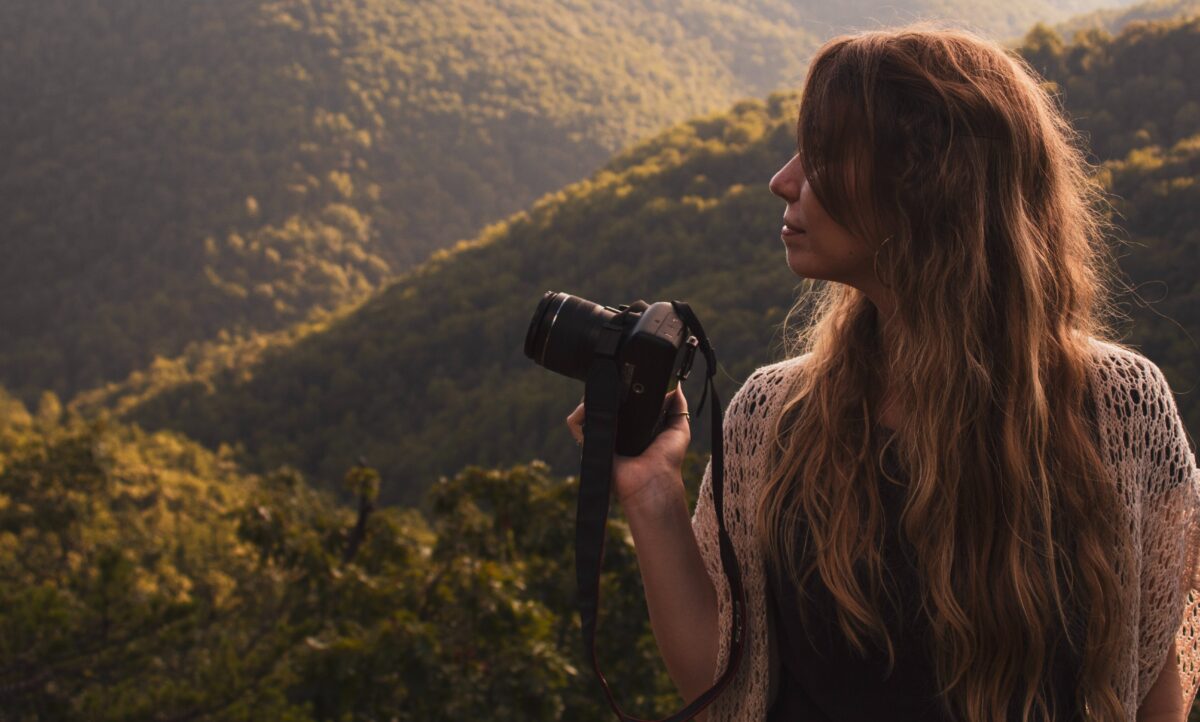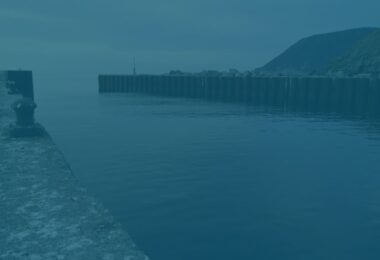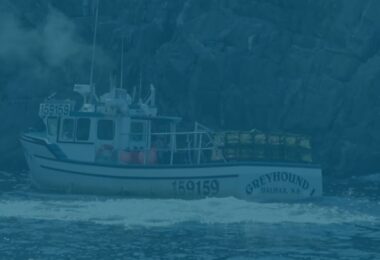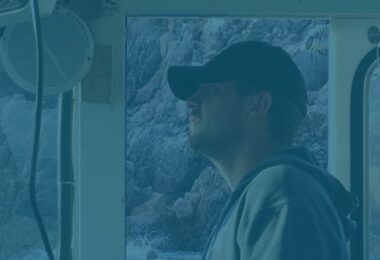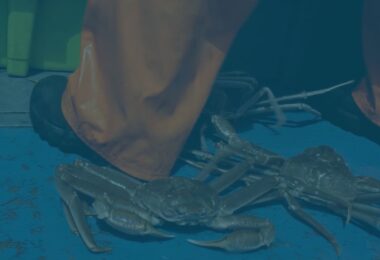For the Love of the Blues—an Ode to Home in the Blue Ridge Mountains
Must be the way Virginia’s still in my voice—fermented like a glass of Sweet Mountain Laurel unpredictably spilling and pooling around cadences that warrant a double take on this side of the continent.




